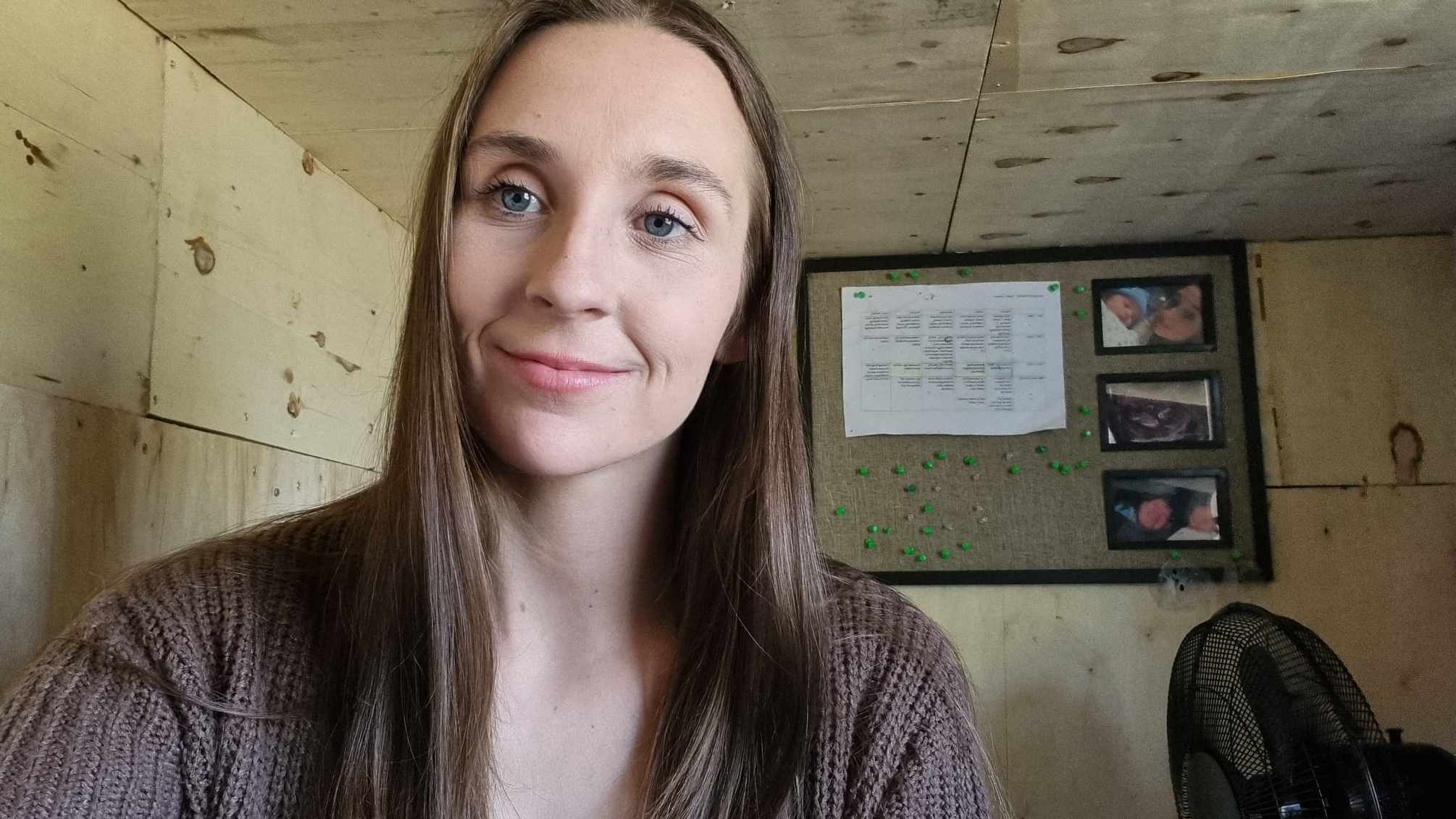Embarking on your food freedom journey is a transformative path to healthier eating habits and a healthier relationship with food. However, there's a crucial but often overlooked element that can make all the difference in your success: self-compassion.
With each blog post, I like to give extra value. I invite you to watch the "Compassion-Driven Master Class" I have created.
In this FREE master class you will learn how to overcome yoyo dieting and emotional eating through compassion-driven healing.
You can get access to the master class by clicking the blue button above.
The Role of Self-Compassion in Your Food Freedom Journey
The Power of Self-Compassion
Self-compassion involves treating yourself with the same kindness and understanding you would offer to a friend. When it comes to your food freedom journey, here's how self-compassion plays a pivotal role:
1. Reducing Self-Criticism
Rather than putting yourself down for eating past feelings of fullness or emotionally eating, self-compassion encourages you to acknowledge that you are learning and this is simply a learning opportunity.
2. Managing Emotional Eating
Self-compassion can serve as a powerful tool in managing emotional eating. Instead of using food to cope with stress, anxiety, or sadness, you can truly begin addressing the underlying causes of the emotional eating rather than trying to distract or ignore what is going on.
3. Enhancing Mindful Eating
Mindful eating is a powerful part of your food freedom journey. Self-compassion helps you stay present in the moment and appreciate your food without judgment, allowing you to make more conscious choices.
4. Building Resilience
Your journey may not always be smooth, but self-compassion helps you build resilience. It allows you to continue forward even when things get tough and learn from your experiences.
Practical Tips for Self-Compassion
• Start by speaking to yourself kindly, as you would to a friend.
• Practice forgiveness when you make choices that don't align with your goals.
• Embrace self-care activities that nourish both your body and mind.
• Recognize that setbacks are opportunities for growth and learning.
• Seek support from a trusted friend, therapist, or coach who can guide you on your food freedom journey.
In Closing:
In conclusion, self-compassion is a vital part of your journey towards food freedom. It empowers you to make healthier choices, manage emotional eating, and develop the resilience needed for lasting success. So, as you navigate this journey, remember to be as kind and forgiving to yourself as you would to a cherished friend.
Your food freedom journey is an ongoing adventure, and self-compassion is your trusted companion every step of the way. Embrace it, and you'll discover a more joyful, sustainable, and fulfilling relationship with food.
Remember to get access to the master class: Compassion-Driven Healing.
Click here to access it:
Resources You Might Find Helpful
5 Crucial Learnings in Healing Your Relationship With Food and Yourself:
https://www.makaylacarpenter.com/healing-your-relationship-with-food/
Freedom From Restrictive Dieting and Emotional Eating – Come Join Us Here
Healing your relationship with food is no small feat and having others around you who are on the same journey can really help! That is exactly why I created this Facebook group.
This is a safe space for you to meet others, engage and learn as you embark on your healing journey.
